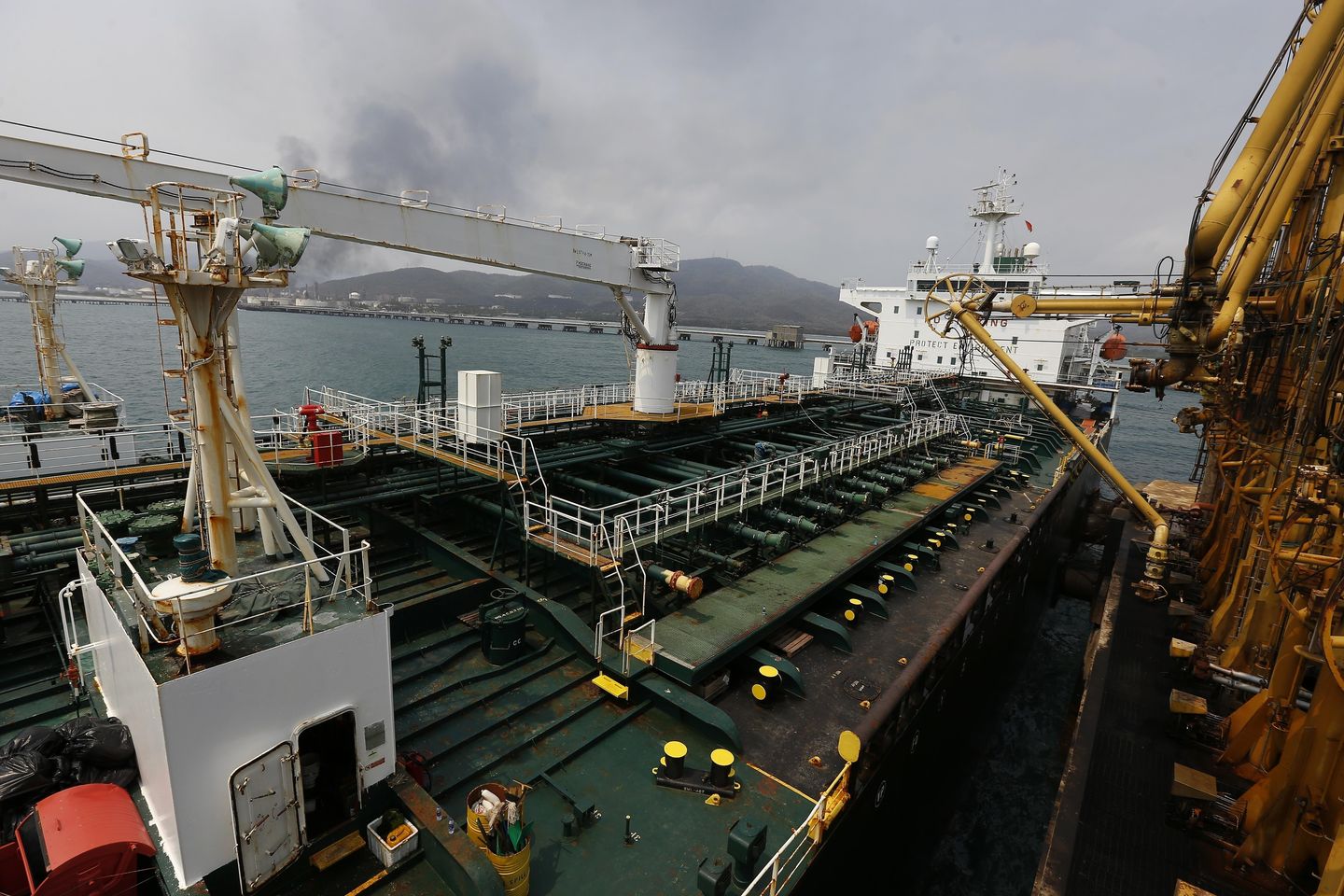
The Trump administration believes it can corner Iran by using its largest consumer of oil, China, against the Islamic regime.
Secretary of State Marco Rubio is urging China to intercede to prevent Iran from shuttering the Strait of Hormuz, which is one of the most important global shipping routes for oil, particularly to Asia.
“I encourage the Chinese government in Beijing to call them about that because they heavily depend on the Strait of Hormuz for their oil,” Mr. Rubio said Sunday during an interview on Fox News.
President Trump on Monday said on social media he was keeping watch of oil prices, writing in all caps, “Everyone, keep oil prices down. I’m watching! You’re playing right into the hands of the enemy. Don’t do it!”
In a subsequent post, he wrote, “To the Department of Energy: Drill, baby, Drill! And I mean Now!”
In a move after the U.S. struck Iranian nuclear sites on Saturday, Tehran’s parliament on Sunday approved the closure of the Strait of Hormuz, according to a report from Iran’s state-owned Press TV.
China is Iran’s most crucial oil customer and maintains friendly relations with the Islamic Republic. But according to national security and foreign relations analysts, Iran is only hurting itself by attempting to close the strait, something it has threatened to do in years past.
National security consultant Derek Harvey, who served on Mr. Trump’s National Security Council during the president’s first term, told The Washington Times, “Almost all the oil tankers trying to come out of the Gulf are going to China.”
He said, “There are alternative ways for fuel to get out of there nowadays, as opposed to 15 years ago, because they’ve done more pipelines to the Red Sea. It’s not as much of a chokehold as it would be, but they’d be going after one of their primary sponsors or lifelines if they went after China.”
Gatestone Institute senior fellow Gordon Chang told The Times, “China gets 50% of its oil through the Strait of Hormuz. We get 5%, so that tells us that this is much more a China issue than an issue for us.”
He said, “But the context is that this war was made virtually inevitable by Chinese actions, because China, either directly or indirectly, made sure that Iran had everything it needed for a nuclear device.”
Mr. Chang said the U.S. should impose costs on China for aiding Iran in its nuclear endeavors, and if Iran closes the Strait of Hormuz, the U.S. should open it, but only for cargo ships going to U.S. allies and partners.
“So for instance, Japan, South Korea, Taiwan, we should let those cargo through,” he said. “If the boats are going to China — no, we don’t. At some point we have got to impose those costs. And if we don’t, China is going to destabilize, not just Iran, not just Ukraine, destabilize everything.”
Closing the shipping routes would moderately impact gas prices for Americans at the pump, analysts say.
On Sunday, Patrick De Haan, head of petroleum analysis at GasBuddy, said in a post on X that gas prices in the U.S. could rise to $3.35-$3.50 per gallon in the upcoming days, compared to the national average of $3.139 for the week of June 16.
Mr. De Haan countered comments on the social media site from users who claimed that the closure of the Straits of Hormuz would cause U.S. gas prices to “skyrocket.”
“URGENT: continued incorrect/false rumors talk about an incoming massive spike to #gasprices. this is erroneous. incorrect on the highest order,” he said. “I am expecting the national average price of gasoline to rise an additional 10-30c/gal in the days ahead as of now.”












